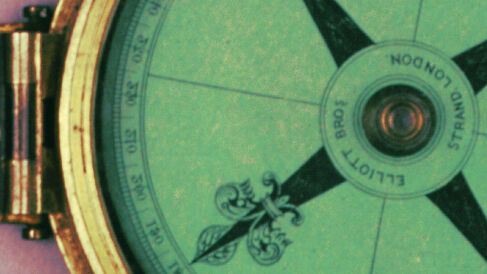Pundits and The Great Game

Between 1830 and 1895, world powers competed in ‘The Great Game’, a shadowy struggle between British, Russian, and Chinese spies for political control of the Himalayan frontier at the far north of British India. Colonial forces sought to map and comprehend this vast wilderness, but found it too dangerous for British surveyors.
The solution was to send in ‘Pundits’, native agents of the British Survey disguised as lamas and Himalayan merchants.
Find out more at https://www.museums.cam.ac.uk/events/lighting-darkness
Find out more at https://www.museums.cam.ac.uk/events/lighting-darkness-0
Experience a captivating fusion of art, history and science as Diploma and Foundation students from Cambridge School of Visual & Performing Arts (CSVPA) come together in mixed-specialism groups in response to key exhibits from the Whipple Museum’s Uncomfortable Science tour. More details at https://www.festival.cam.ac.uk/events/inspired-uncomfortable-science . The exhibition will be open during museum opening hours 12.30-4.30pm.
When is a Tibetan prayer wheel also a scientific instrument?
The Pundits selected by the Indian Survey were trained to become precision scientific instruments, drilled to pace out distances precisely and to secretly keep count with cunningly disguised tools like this prayer wheel. One rotation of the wheel every hundred paces kept up the appearance of a pious lama, but the count could be recorded on an accompanying rosary and the day’s results kept on notes hidden inside the wheel.
Rudyard Kipling’s 1901 novel Kim is set against the backdrop of The Great Game, and describes the title character’s training in surveying and espionage:
“But as it was occasionally inexpedient to carry about measuring-chains, a boy would do well to know the precise length of his own foot-pace, so that when he was deprived of … ‘adventitious aids’ he might still tread his distances.”(1)
Pundit Nain Singh
Codenamed ‘Number One,’ Pundit Nain Singh (Image 1) spent two and a half years secretly mapping Tibet for the British Survey disguised as a lama on pilgrimage. He counted 2½ million paces with his prayer wheel and rosary, measured the position of thirty-one towns using a carefully hidden pocket compass and sextant (Image 2), and mapped the upper course of the Tsangpo river.
References
1.Rudyard Kipling, Kim (New York: Doubleday Page, 1912), p.200.
Joshua Nall
Joshua Nall, ‘Pundits and The Great Game’, Explore Whipple Collections, Whipple Museum of the History of Science, University of Cambridge, 2020.
